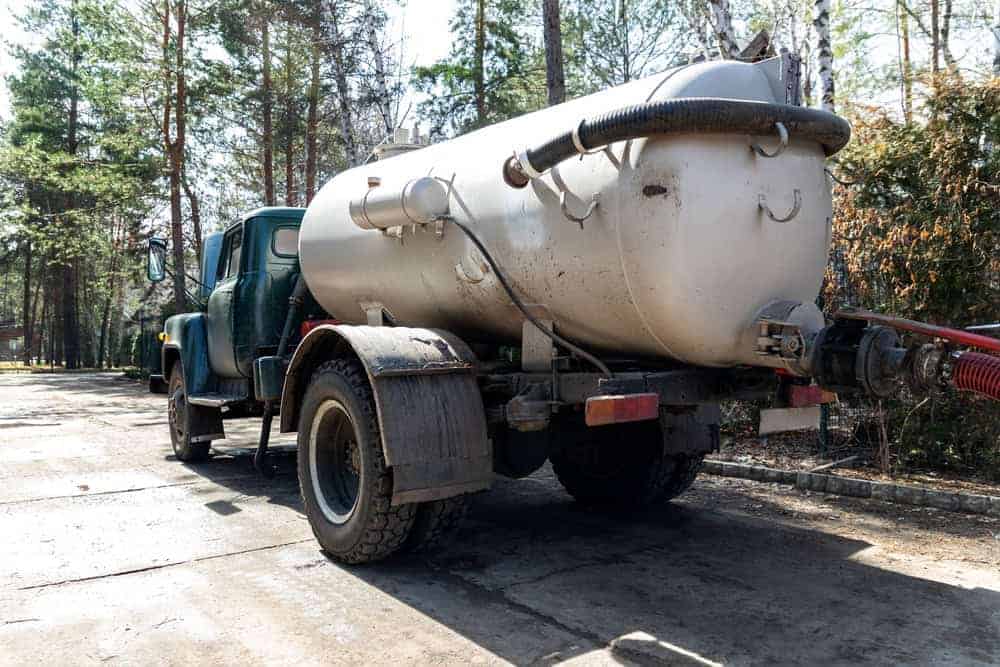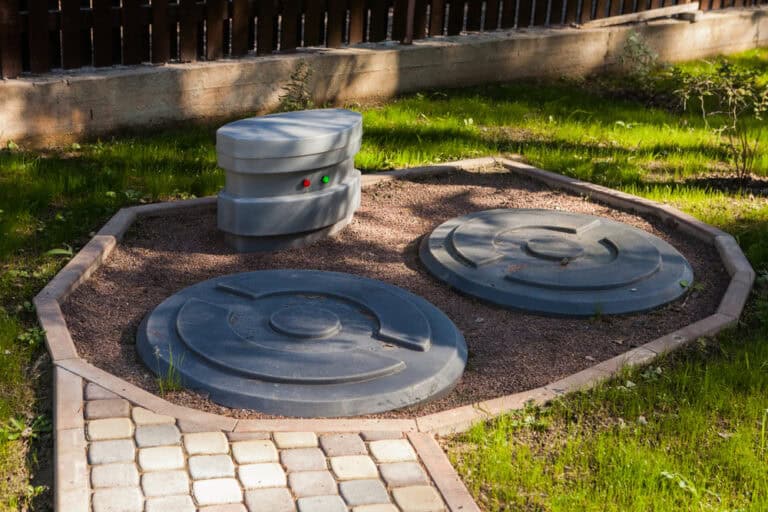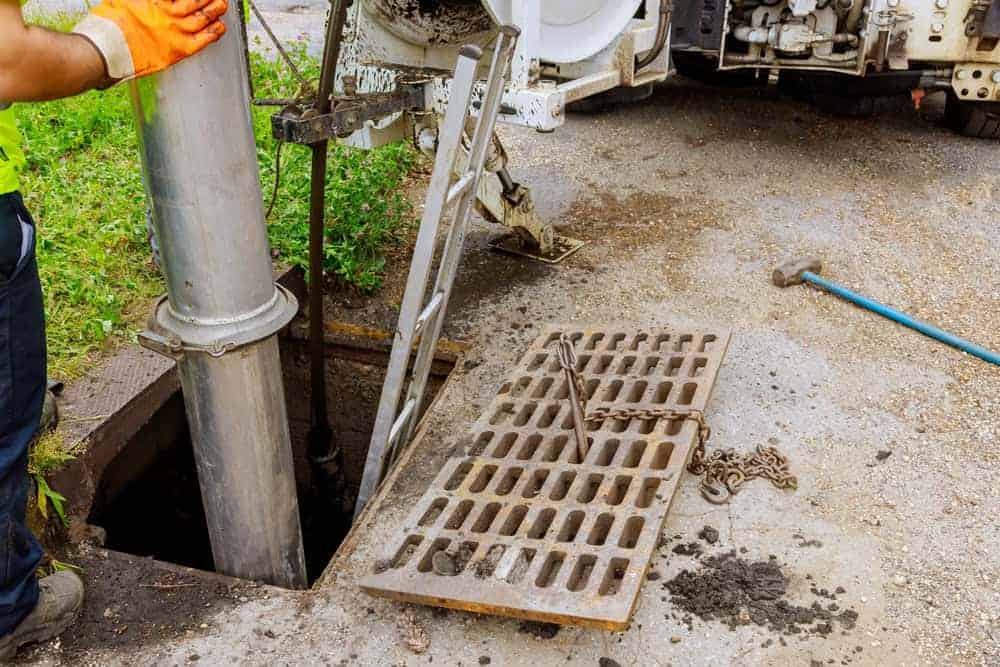Cesspool in Centereach, NY
My husband and I needed the pipe that connects our home to the town sewer line replaced. Other companies told us they would need to rip up the sidewalk, street, and our walkway which would have cost us thousands in additional work.
More About Us
Browse Septic Tank Services
contact us
Emergency Cesspool Services in Centereach, NY: Available 24/7

Immediate Response to Cesspool Emergencies
When a cesspool emergency strikes in Centereach, NY, every second counts. That’s why Antorino & Sons offers round-the-clock emergency cesspool services, ensuring that help is always just a phone call away. We understand the urgency of cesspool failures and the potential health risks and environmental hazards they can cause. Our dedicated team is equipped to address and resolve your cesspool issues promptly, minimizing damage and disruption to your property.
With Antorino & Sons, you’re not just getting a service; you’re getting a promise of immediate, effective response. Our emergency team is trained to tackle all kinds of cesspool crises, from backups to leaks, ensuring quick resolution with minimal impact on your daily life. In Suffolk County, we’re known for our reliability and speed, making us the first choice for emergency cesspool services.
Rapid Response:
Our 24/7 availability ensures that Antorino & Sons is always ready to respond to your cesspool emergency in Centereach, NY.
Expert Solutions:
With extensive experience in cesspool emergencies, we offer the most effective and efficient solutions tailored to your needs.
Customer-Centered Service:
At Antorino & Sons, your safety and satisfaction are our top priorities during any cesspool emergency in Suffolk County.

Comprehensive Emergency Solutions
Our emergency cesspool services in Centereach, NY, cover a wide range of issues. Whether it’s an unexpected backup, a sudden leak, or any other urgent cesspool problem, Antorino & Sons has the expertise to handle it. We use state-of-the-art equipment and techniques to diagnose the issue quickly and implement the most effective solution. Our goal is to restore your cesspool system to full functionality as swiftly as possible, ensuring the safety and comfort of your home or business.
At Antorino & Sons, we also provide immediate advice and guidance over the phone to mitigate the situation until our emergency team arrives. With 631-250-6829, you have direct access to our experts, who can help you take the right steps in an emergency, reducing potential damage and ensuring a smoother restoration process. Trust us to bring you peace of mind during stressful situations with our comprehensive emergency services.

Why Timely Intervention is Crucial
The importance of timely intervention during a cesspool emergency cannot be overstated. Ignoring or delaying action in response to cesspool issues can lead to severe property damage, environmental pollution, and health risks. That’s why Antorino & Sons prioritizes swift action and is available 24/7 in Centereach, NY. Our prompt response can prevent the escalation of problems, saving you time and money in the long run.
Our emergency services in Suffolk County are designed to address cesspool issues before they become disasters. By choosing Antorino & Sons, you’re choosing a partner who understands the critical nature of cesspool emergencies and is committed to protecting your property and the environment. With our experienced team on your side, you can rest assured that your cesspool emergency will be handled with the urgency and expertise it deserves.
Have a question?
The hamlet of Centereach was first called West Middle Island, but primarily became known as New Village until the early 20th century. When it was discovered that another village shared the same name, the name was changed to Centereach in 1916. The name Centereach reflects the centrality of the hamlet’s location on Long Island, literally meaning “center reached”.
Over the years Centereach has progressed from a small hamlet to a primarily suburban community. The population in 1940 was only 628, but the area had grown to nearly 20,000 residents by 1970.
The two earliest suburban developments, which began in the early 1950s, were Dawn Estates and Eastwood Village.
Learn more about Centereach.